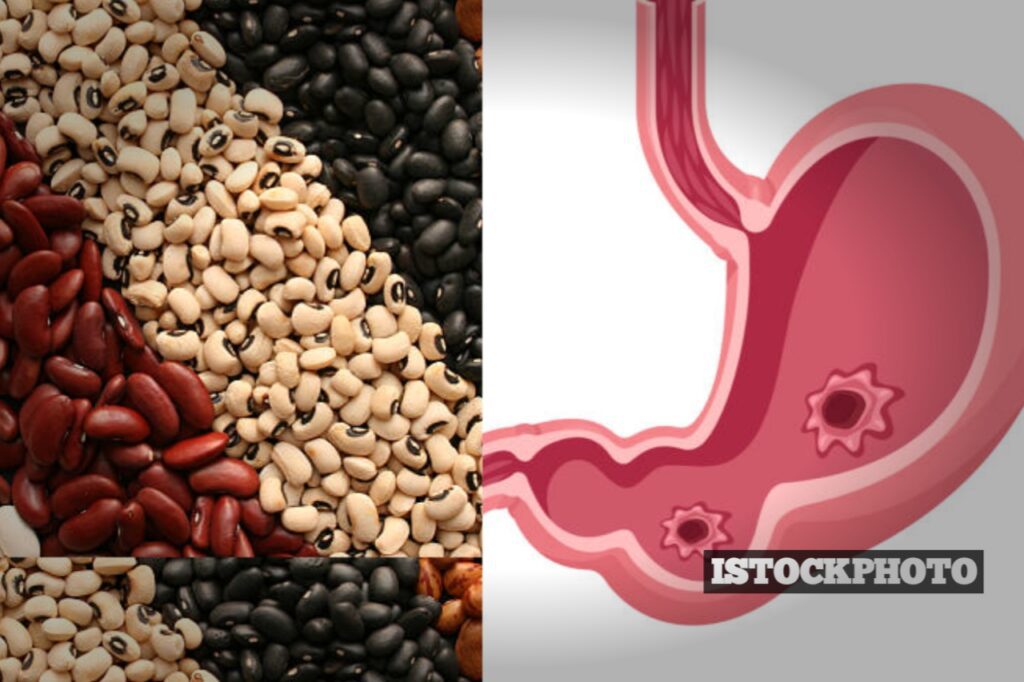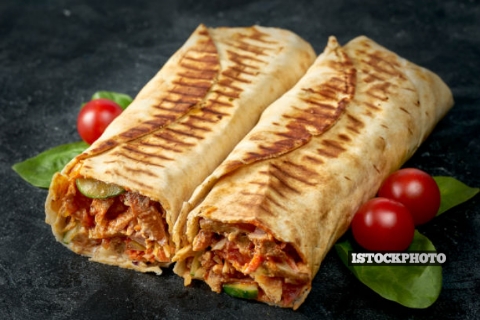Do people still eat cow skin? Yes, in some parts of Africa, Asia, and South America, cow skin is served as an alternative to meat and seafood. Cow skin, or as we know it, “kpomo” in Yoruba or “Kanda” in Hausa, is a popular meal served across Nigeria. It is so common that people actually prefer it to actual cow meat and other meat sources. Maybe because it is relatively cheap or easy to find.
Kpomo can be sourced from cattle, but skins of other livestock like goats, sheep, and pigs are also eaten in Nigeria. The Western world and some other parts of Africa and Asia use cow skins to make leather, mainly because of their elastic nature and texture. It can be preserved for a long period of time and still serve as food.
Does Kpomo Have Benefits?
Well, it is actually complicated because it is often said that cow skin has no nutritional value. This is actually not the case. Cow skin is very high in collagen, a type of protein that is really quite important for holding bones and skin tissues in place. “Collagen has tremendous health benefits. It mainly nourishes the skin by improving its elasticity, reducing visible wrinkles and increasing blood flow to the skin.” Collagen is what keeps our skin from sagging, giving us that plump, youthful look. Yep, cow skin has it all. It is commonly said that Kpomo has no nutritional value because it is not actually a recognized source of meat in the Western world.
A 100g of boiled, thick cow skin contains about 224.65 kcal of energy, 6.80g of carbohydrate, about 43.9g of water, 46.9g of protein, 1.09g of fat, and 0.02g of fibre. For micronutrients, it contains small amounts of calcium (61mg), iron (4.3mg), magnesium (12mg), phosphorus (36mg) and zinc (6.79mg). Despite containing so many nutrients, why do we still say that it has no benefits? Well, health practitioners have warned against the consumption of kpomo in Nigeria. They claim that this source of meat doesn’t benefit or rather have any effect on the body.
Why You Shouldn’t Eat Kpomo
Despite cow skin being rich in collagen, it doesn’t actually imply that the collagen contained in it would be so effective. There is actually no better way to put it, but Kpomo doesn’t have any nutritional benefit. If you’ve been living with the fact that it is highly nutritious, then I’m sorry to break it to you, but it does not have value just as health practitioners claim. So there you have it! I hope that this article has cleared up any misconceptions you’ve had about kpomo. The comment section is always open to your opinion on this.
[starbox]



